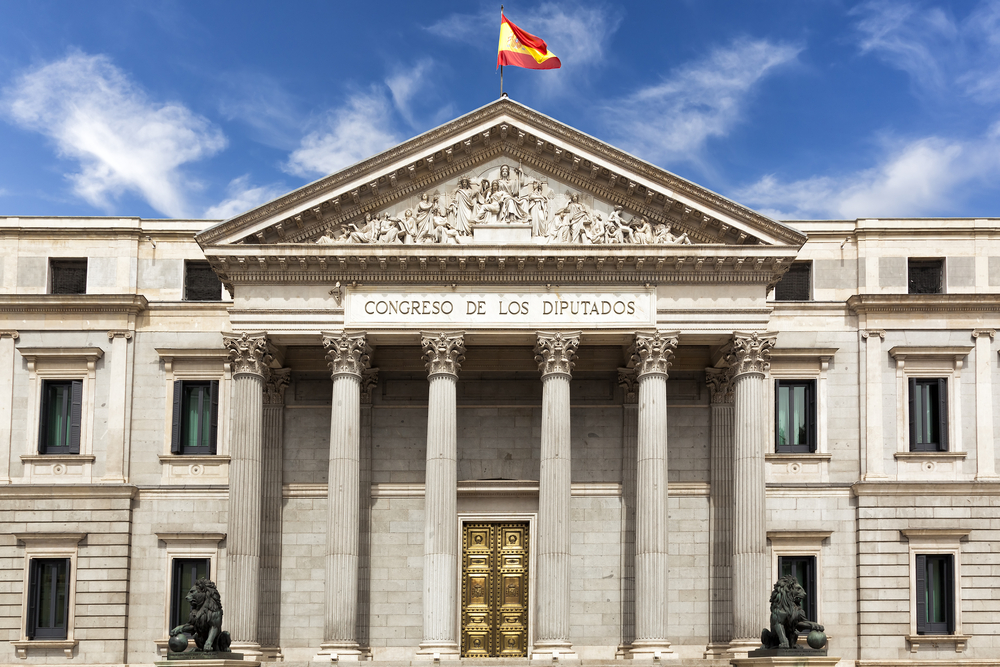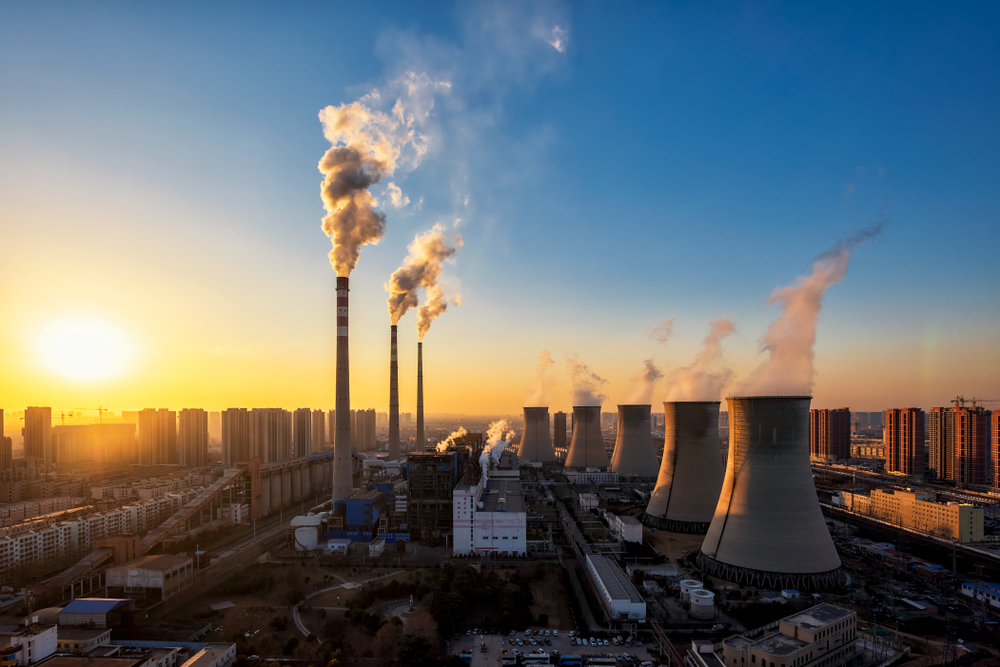There are billions of drinks containers produced every year, but only a small fraction of that amount is recycled, while the rest ends up in landfills and the environment.
In Lithuania, things are a little bit different. Thanks to a progressive plastic deposit scheme implemented in 2016, the country now recycles at a record level.
Aiming at combating litter and increase the collection and recycling rates, the “deposit return system” entails having consumers pay a deposit amount of €0.10 when purchasing eligible drink containers. After use, these can be fed into reverse vending machines installed in shops, which spit the deposit back out.
By the end of 2017, 92 percent of all bottles and cans sold in Lithuania were being returned, close to triple the amount before the scheme began. The overall plastic packaging recycling rate increased by almost 20 percent.
With plastic pollution reaching alarming rates across the world, it will be good to see other countries learn a thing or two from Lithuania’s successful deposit scheme.












